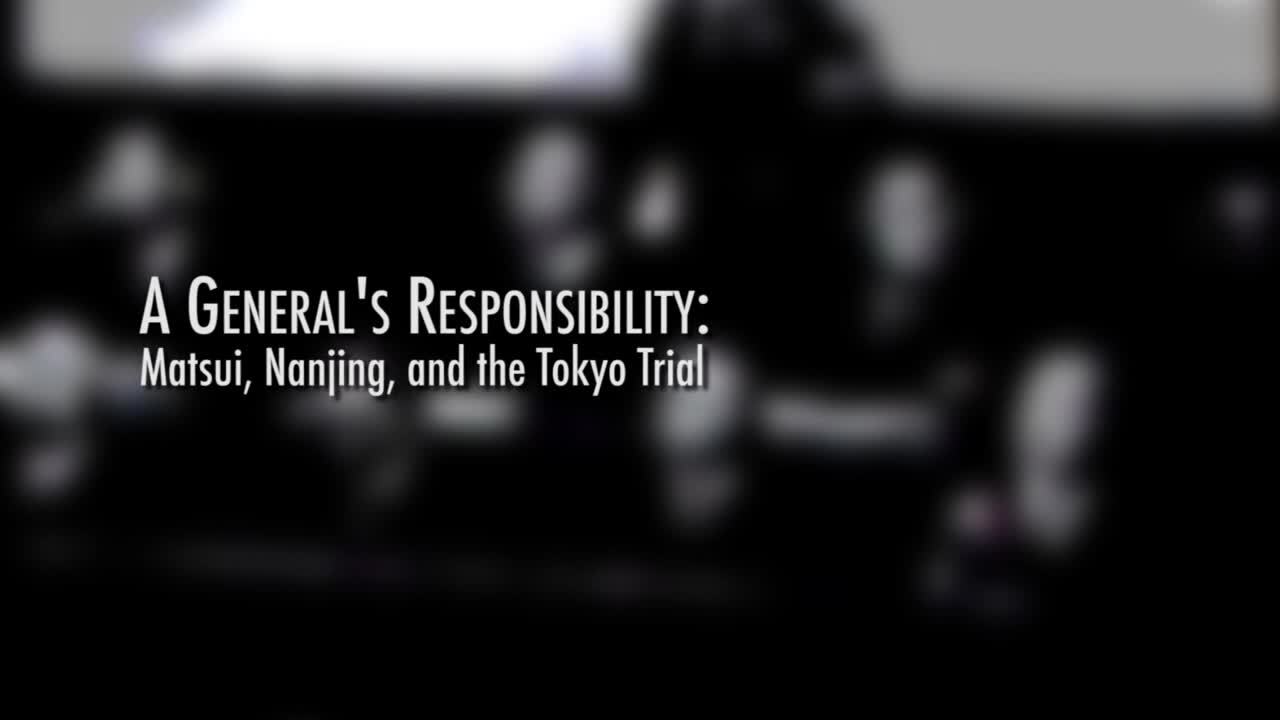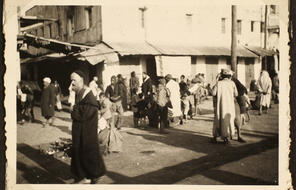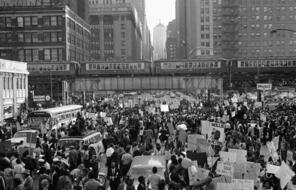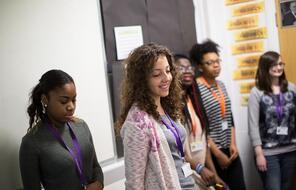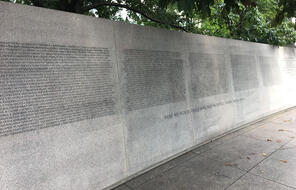[MUSIC PLAYING]
So there were two individuals who were specifically prosecuted for what happened in Nanjing. The first was the Foreign Minister, Hirota. Secondly was Matsui, who was originally the commanding officer of the region who was later sort of promoted out of that position. Both individuals were convicted, and the Tribunal grappled with the fact that neither one was there, present, when this was happening. And both apparently tried to mitigate.
General Matsui issued orders in advance of the invasion of Nanjing that civilians were to be spared, that the city was not to be damaged beyond what was necessary in terms of military necessity, that combatants were to be taken prisoner and held as prisoners of war, not to be exterminated. It's unclear whether those orders reached his troops or not. If they did, clearly they were not followed. There is also an order that has been found and is in the record saying that all combatants should be massacred, that no prisoners of war should be taken.
It turns out that may have been a forged order. It's not clear who that order came from, but that was the order that was ultimately carried out. Then, after the fact, General Matsui did actually enter the city on, I think, December 17, several days after the city had fallen, in a sort of triumphant celebratory procession.
[MUSIC PLAYING]
And his diary recounts that at first it seemed like it was a major victory. But slowly it dawned on him the atrocities that had been committed in connection with that invasion. And his diary is anguished about what he's learning about what happened. And he's quite conflicted about this, and there's also reports that apparently he was demanding that individuals needed to be held accountable and that atrocities needed to stop. Nonetheless, he was the one who ultimately stood trial at Tokyo.
And his own testimony was conflicted. On the one hand, he tried to argue that he did what he could and he issued orders that were encouraging people to be treated fairly and not to destroy the city and this and that. But he essentially refused to throw the Imperial Family under the bus. He didn't implicate anyone else in these atrocities and, in fact, tried to deny and undercut the seriousness of them. And so he took the fall, and he was executed. And it was because of his involvement in Nanjing. And yet we, to this day, are not really sure how responsible he was.
